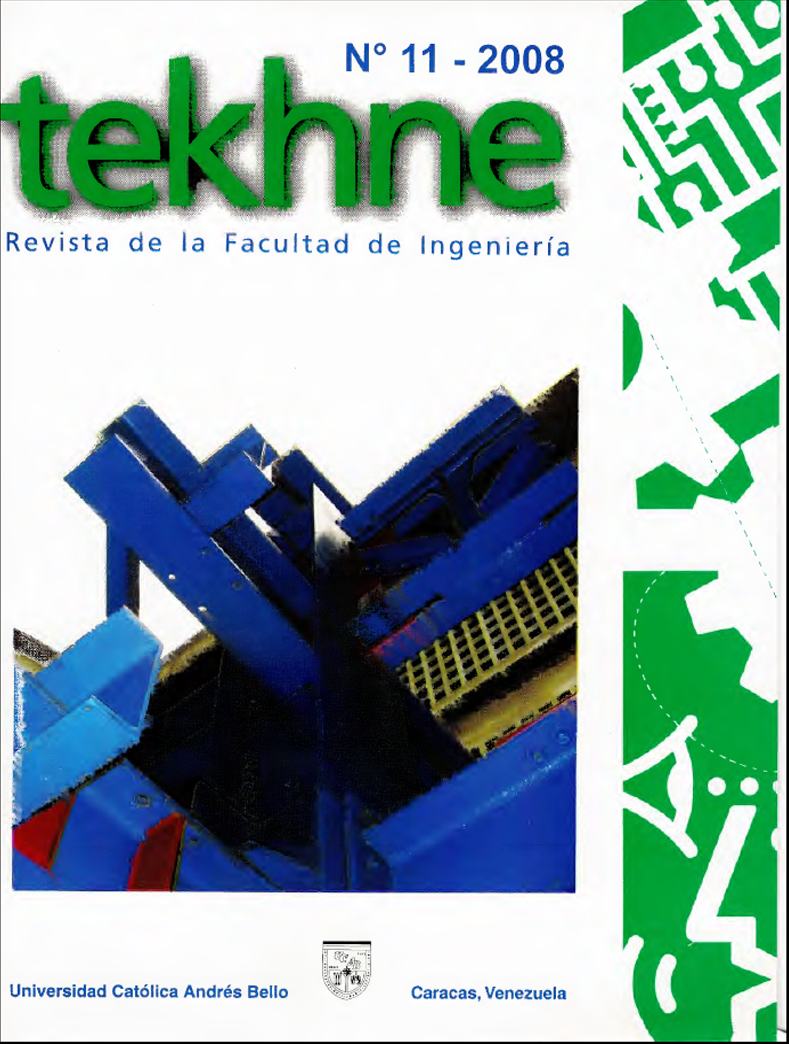Motors Efficiency Estimation and Its Evaluation In Energy Analysis
DOI:
https://doi.org/10.62876/tekhn.v1i11.2637Resumen
Efficiency in motors has always played an
important role in energy analysis in industry. Their
importance is dramatic as motors account for about
50% to 60% of the energy used by industries.
Particularly considering that energy costs generate
a high impact over profitability in the industry sector.
However, several studies have demonstrated how
different can be the approach and subsequently
the results from energy analysis, depending on how
the efficiency motor is estimated. Actually, some
changes have been identified in European standards
(IEC 34-2) in order to improve the accuracy level
obtained, requested and finally offered to the
industry within efficiencies motor standards.
Meanwhile, other studies have demonstrated the
convenience of American standards (IEEE 112
and National Electric Manufacturers Association
- NEMA) related to actual values of efficiencies,
and compared with other standards available and
generally accepted world-wide.
Due to the high relevance of motor efficiency
estimation over energy analysis, this work includes
a new pragmatic approach, based on previous
analysis related to the most accurate standard,
generally accepted in the industry. It develops a way
of estimating the efficiency of the motor according
to its size (in hp) and its rpm. The procedure shows
very accurate efficiency value for that motor (under
certain standard conditions), required for motors
energy management analysis.
One of the main advantages offered by this
approach is that it gives a reliable and quick
estimation of motors efficiencies, available for the
analysts with little data gathering. Most importantly,
the results are in excellent agreement with American
standards references.
In addition, we present with our findings, and
using extrapolation techniques, 3-dimensional
efficiencies surfaces to show and justify, the best
working conditions.
Finally, a brief background and an example
of energy analysis for a motor replacement is
presented, based on the cost savings obtained
due to a difference in the motors efficiency level in
its design.




